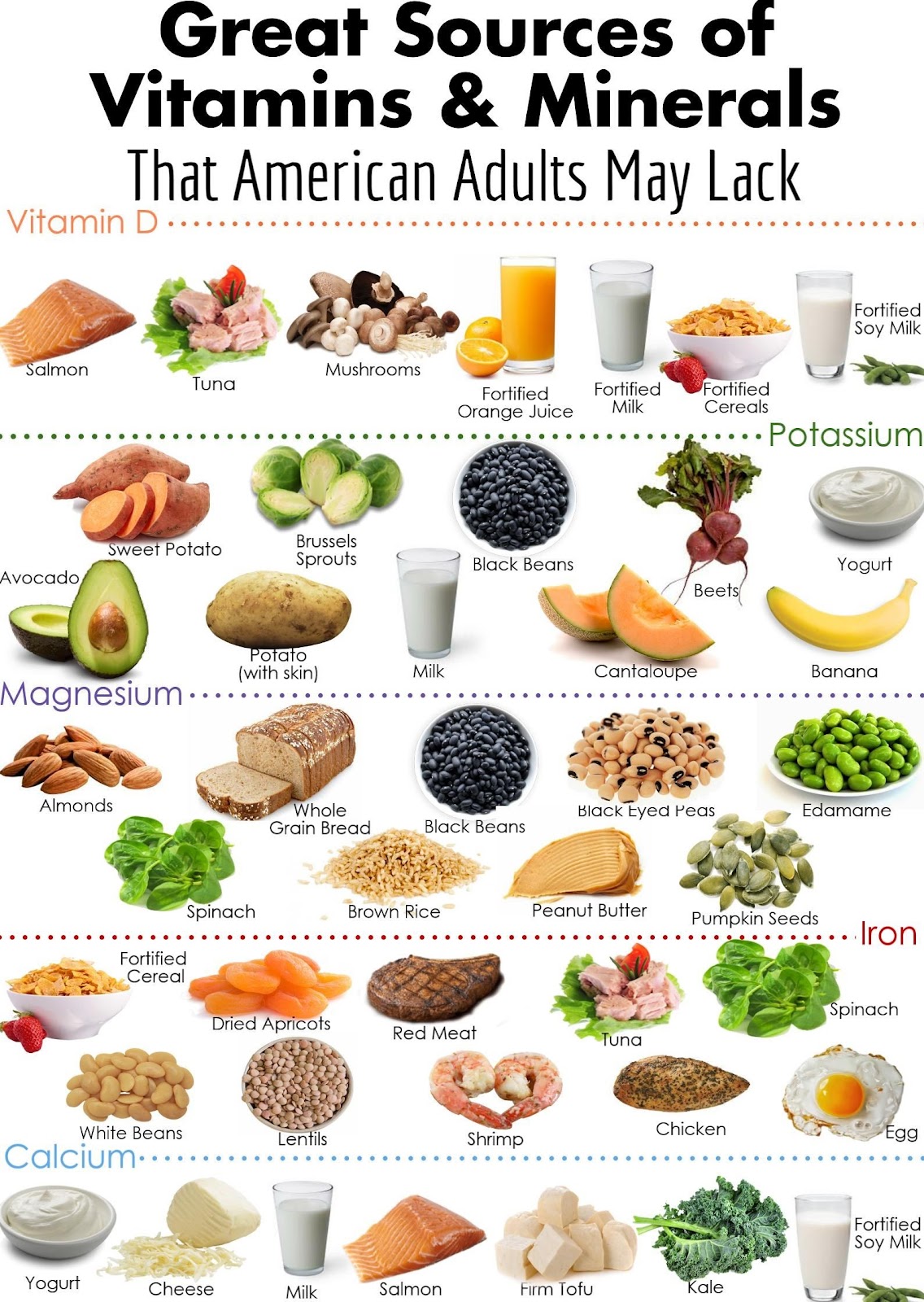A Comprehensive Guide to Effective Weight Loss: Workouts and Meal PlansIntroduction: Losing weight is a common goal for many people who want to improve their health and overall well-being. While there are countless diets and exercise routines available, it's essential to focus on sustainable and healthy methods for long-term success. In this article, we will explore an effective approach to weight loss that combines targeted workouts with balanced meal plans. By integrating these strategies into your lifestyle, you can achieve your weight loss goals in a healthy and sustainable manner.Designing an Effective Workout Routine: When it comes to weight loss, a well-rounded workout routine that combines cardiovascular exercises, strength training, and flexibility exercises can be highly effective. Here are a few key components to consider:
a) Cardiovascular Exercises: Engage in activities like brisk walking, jogging, cycling, swimming, or aerobic classes to elevate your heart rate and burn calories.b) Strength Training: Incorporate resistance exercises, such as weightlifting or bodyweight exercises, to build lean muscle mass. Muscle tissue burns more calories, even at rest, contributing to weight loss.c) Flexibility Exercises: Include stretching and yoga in your routine to improve flexibility, prevent injuries, and promote relaxation.High-Intensity Interval Training (HIIT): HIIT workouts involve short bursts of intense exercise followed by brief recovery periods. This form of training has gained popularity due to its efficiency in burning calories and boosting metabolism. HIIT sessions can be done with various exercises like sprinting, burpees, or jumping jacks, and can be modified to suit individual fitness levels.Incorporating Active Lifestyle Habits: Apart from structured workouts, adopting an active lifestyle can contribute to weight loss. Simple changes like taking the stairs instead of the elevator, walking or cycling instead of driving short distances, or engaging in outdoor activities can help burn additional calories throughout the day.Balanced and Nutritious Meal Plans: Exercise alone is not enough for weight loss; a balanced diet is equally crucial. Consider the following dietary recommendations:a) Portion Control: Pay attention to portion sizes and avoid overeating. Use smaller plates and practice mindful eating, allowing your brain to register fullness.b) Focus on Whole Foods: Emphasize whole grains, lean proteins, fruits, vegetables, and healthy fats in your meals. These nutrient-dense foods provide essential vitamins, minerals, and fiber while keeping you satisfied.c) Hydration: Stay adequately hydrated by drinking water throughout the day. Water not only aids in digestion but also helps curb unnecessary snacking.
d) Meal Frequency: Opt for smaller, frequent meals to keep your metabolism active and prevent extreme hunger that can lead to overeating.
e) Meal Prepping: Plan and prepare your meals in advance to avoid relying on unhealthy fast food options or convenient but less nutritious choices.Seek Professional Guidance: Consulting a registered dietitian or a certified fitness professional can be immensely beneficial in creating a personalized weight loss plan tailored to your specific needs, health conditions, and goals. They can provide valuable guidance, monitor your progress, and make necessary adjustments to your routine.
Conclusion: Successful weight loss requires a holistic approach that combines targeted workouts with a balanced and nutritious diet. By incorporating cardiovascular exercises, strength training, and flexibility workouts into your routine, and following a well-balanced meal plan, you can achieve sustainable weight loss and improve your overall well-being. Remember, consistency, patience, and a positive mindset are key to long-term success on your weight loss journey.












.jpg)